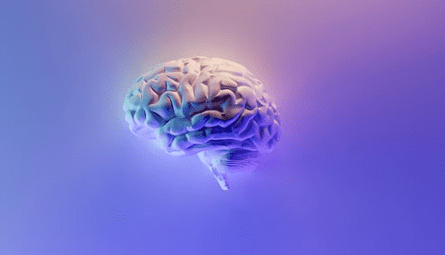
Long Covid: Persistent loss of smell indicates a high risk of cognitive and memory problems
The loss of smell with Covid, especially if persistent, it indicates a high risk of encountering cognitive and memory problems during the period following infection, and also of cognitive deficits that can persist for months after healing from Covid.
The risk of memory deficits can be more than double if Covid olfactory problems persist.
“A cohort of 766 Amerindian participants aged 60 years or older recruited from a provincial health registry were included in an analysis, 88.4% of whom were infected with COVID-19 and 11.6% who were not. None of the controls had olfactory dysfunction. Using a logistic regression model, lead investigator Gabriela Gonzalez-Aleman, LCP, PhD, Pontificia Universidad Catolica Argentina, and colleagues, found that severity of anosmia, not clinical status, significantly predicted cognitive impairment.”
Across the cohort, 11.6% of patients had impairments in memory, attention, and executive function; however, cognitive status was influenced by severity of anosmia, or loss of taste and smell.
12.8% still hadn’t recovered their full sense of smell or taste after 2 years
In a separate preprint, researchers in Italy and the United Kingdom assessed adults diagnosed as having COVID-19 at a general hospital from Mar 19 to 22, 2020. A total of 168 respondents completed symptom questionnaires at 4 and 8 weeks, 6 months, and 2 years. Median patient age was 55 years, and 53.6% were women.
Of the 168 patients, 64.3% reported altered taste or smell at baseline, as did 64.3% at 4 weeks, 17.3% at 8 weeks, 16.1% at 6 months, and 8.3% at 2 years. The altered senses were first observed at 4-week follow-up in 11 patients who still tested positive for COVID-19.
Thirteen patients (10.9%) reported recovery of taste or smell at least 6 months after diagnosis. At 2 years, 47 patients (28.0%) reported at least one persistent symptom. The most common symptoms unrelated to taste or smell were fatigue (18.5%) and shortness of breath (10.7%).
Of the 119 patients with smell or taste dysfunction at 4 weeks, 88.2% reported complete resolution at 2 years, 9.2% said their impairment was less severe, and 2.5% said their symptom was the same or worse.
Preprint: Two-Year Prevalence and Recovery Rate of Altered Sense of Smell or Taste in Patients With Mildly Symptomatic COVID-19
France: Loss of smell is associated with lasting presence of coronavirus in the olfactory epithelium
Photo by Дмитрий Хрусталев-Григорьев on Unsplash





